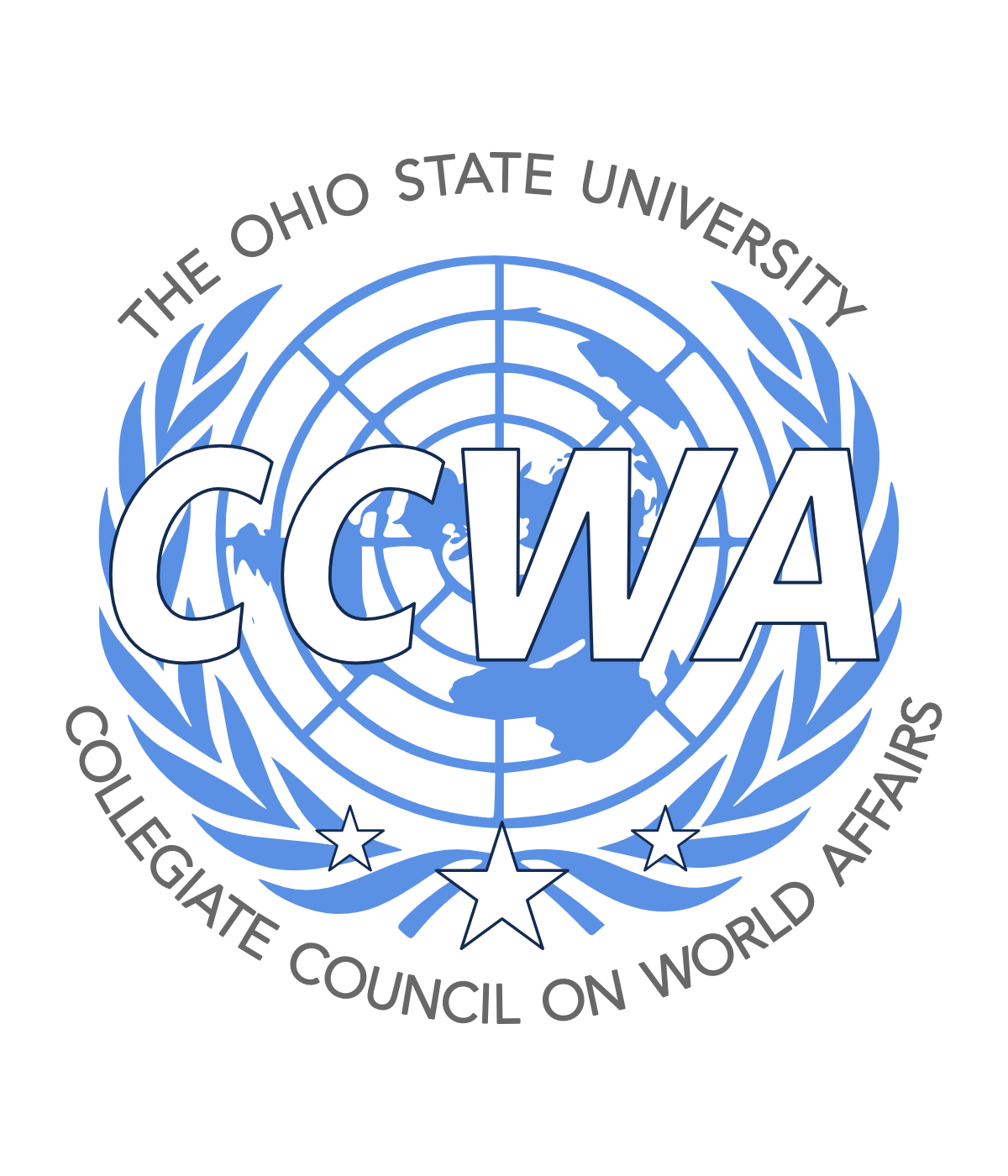Drew’s News: International Elections Roundup
Welcome to the first edition of Drew’s News, where I won’t be asking you difficult trivia questions. Instead, I’m here to give you an update and some thoughts on the news you need to know this week. In honor of CCWA elections, I’ll be discussing some of the recent elections around the world that you should be aware of. Let’s dive in.
Ireland
The Republic of Ireland held parliamentary elections at the beginning of February and the results were nothing short of historic. Sinn Féin, the left-wing party that supports a united Ireland, pulled off a stunning upset, coming in first place and effectively tying with the two traditional parties. Taoiseach, (Prime Minister) Leo Varadkar’s center-right Fine Gael party, fell to third place.
Sinn Féin’s rise was unexpected by the political establishment, particularly due to the party’s past association with the Provisional IRA. But, Sinn Féin was able to capitalize on the affordable housing and homelessness crisis in Ireland, promising to abandon the previous government’s conservative economic policies. However, the party failed to secure a majority in parliament, winning 37 seats after only running 42 candidates, well short of the 80 needed for a governing majority.
Parties are preparing to enter complicated coalition talks, with the most likely governing outcome being a coalition between Sinn Féin and the opposition Fianna Fáil party. While a new election is also a possibility, the two traditional parties may seek to align with Sinn Féin now in order to prevent them from gaining more seats in a redo. In the meantime though, it seems likely that this will be the end of Varadkar’s leadership in Ireland and the end of the domination by the two traditional parties.
Further reading: Sinn Fein would easily win repeat Irish election: poll
Slovakia
More recently, Slovakia held elections on February 29th (a Leap Day election!), with the ruling coalition suffering a landslide defeat. Prime Minister Peter Pellegrini’s Smer-SD political party came in second after being in power for 12 of the last 14 years, having suffered a drastic decline in popularity following the murder of investigative journalist Jan Kuciak.
The populist, anti-corruption Ordinary People party, led by Igor Matovič, secured a first place finish with 25% of the vote. The party, which was only founded in 2011, won 53 of the 150 seats in the Slovak National Council, a remarkable increase from its 19 seats in the 2016 election. Matovič, a former businessman, has built his political career on anti-corruption efforts, calling for members of parliament to be subject to prosecution and to take lie-detector tests to ensure they hadn’t received bribes.
Matovič and Ordinary People ran under the slogan “Together Against the Mafia,” and his anti-corruption crusade has clearly resonated with a significant bloc of Slovak voters. But, it is still unclear how Matovič would perform as Prime Minister, and his most likely coalition partner, the We Are Family party, is associated with nationalist, right-wing, and Eurosceptic parties within the European Parliament, most notably Marine Le Pen’s National Rally in France.
A neo-fascist party, People’s Party Our Slovakia, has also gained popularity, winning 17 seats in parliament. Slovakia’s political order has been upended and it is unclear if this new vision of government will succeed.
Further reading: ‘Slovakia Has Woken Up’: Governing Party Suffers Decisive Election Defeat
Israel
Israel went to the polls on Monday for the third time in just eleven months, with politicians hoping for a break in the deadlock between Prime Minister Benjamin Netanyahu’s Likud Party and Benny Gantz’s opposition Blue and White Party. That deadlock has yet to be broken, as results show Netanyahu’s coalition still being two seats short of a governing majority. It is near impossible that he will be able to find any other supporters from the other blocs in the Israeli Knesset and a fourth election is increasingly likely.
There has been discussion of a national unity government between the two main competing blocs, but Gantz has staunchly opposed the idea. Netanyahu, who is facing trial on corruption charges, has failed in the last two elections to reorganize his past governing coalitions. His former ally Avigdor Liebermann, head of the secular and nationalist Israel Our Home party whose base mainly consists of Russian-speaking immigrants from the former Soviet Union, has refused to rejoin any coalition with the religious political parties and could play kingmaker if he backs down from this position.
Meanwhile, Gantz’s opposition party has refused to work with the Arab political parties, despite their opposition to Netanyahu, in part because of links between some of the parties and Hamas. For now, the deadlock continues, and an unprecedented fourth repeat election is on the horizon.
Further reading: With most votes counted, Netanyahu’s surprise showing gives him edge in Israeli election
Stay tuned for the next post of Drew’s News: Egyptian Dictators. I promise the next one will be shorter.



